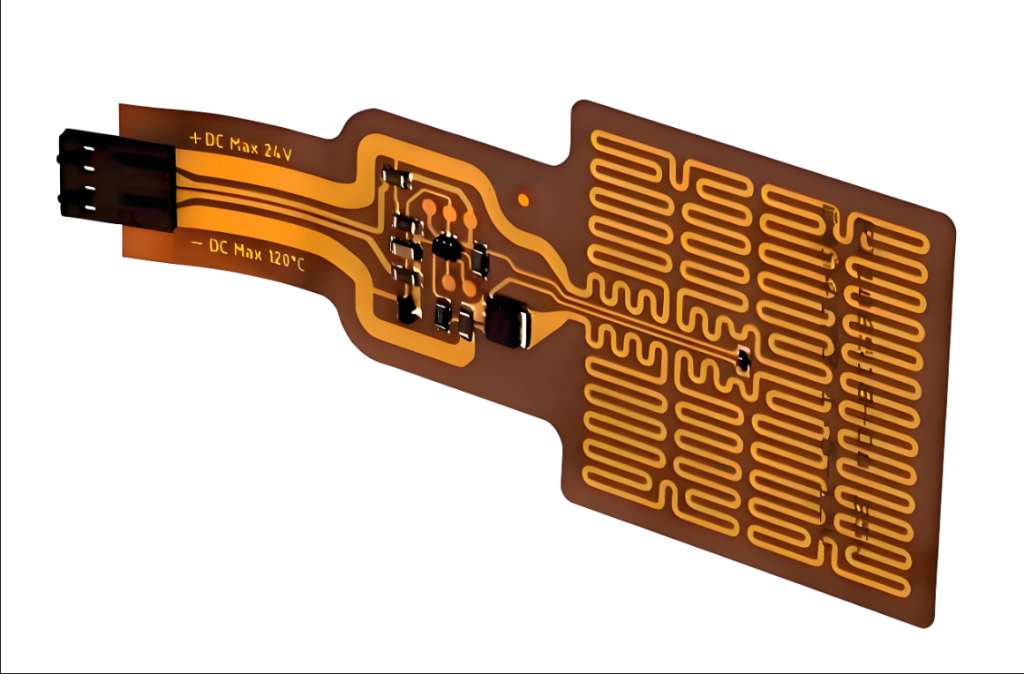Flexible PCBs (FPCs) are playing an increasingly important role in electronics manufacturing due to their unique flexibility and thinness. This article explores the main applications of FPCs, demonstrating their key role in modern electronic devices.

FPC Flexibility
- FPCs can maintain performance in dynamic bending and folding.
- Ideal for environments with space constraints and complex layouts.
Applications in mobile devices
- Smartphones: connecting display, touch screen, and camera modules.
- Tablet PCs and wearable devices: Enabling thin and light designs and flexible connectivity.
FPCs in in-vehicle systems
- Key connectivity for infotainment and advanced driver assistance systems (ADAS).
- Core components for battery management systems (BMS) in new energy vehicles.
Applications in Medical Devices
- Internal connections for monitoring instruments and handheld medical devices.
- FPCs adapt to the internal environment in implantable medical devices.
Industrial Automation and Power Control
- Dynamic connection of robot joints and servo motors.
- Stable electrical connections in high temperature and high voltage environments.
Aerospace and Military
- Lightweight, anti-vibration, anti-radiation requirements.
- Complex wiring in navigation systems, and communication equipment.
Household Appliances
- Internal connection solutions for high-end TVs, air conditioners, and other home appliances.
Display Technology
- Driver circuits and backlight module connections for OLED and LCDs.
Conclusion:
With its thin, lightweight, and foldable characteristics, FPC shows many application prospects in many fields. From smartphones to automobiles to medical devices, FPCs are becoming an integral part of modern electronic devices.
